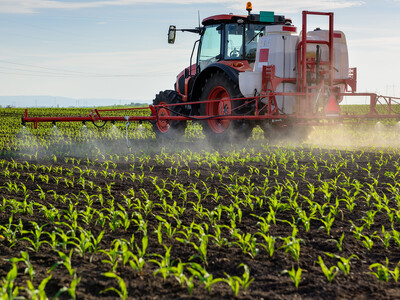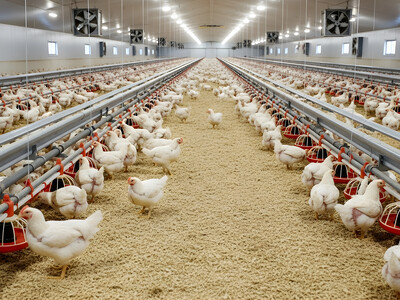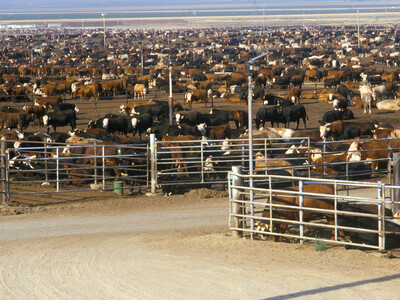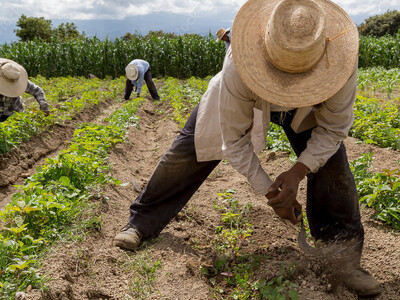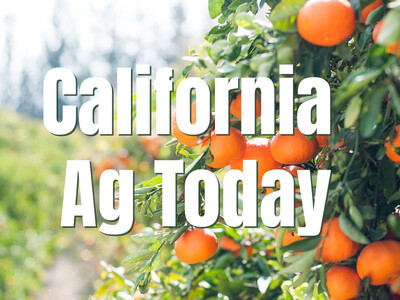CCC
New legislation would give a much-needed boost to the Commodity Credit Corporation’s annual borrowing limit, providing USDA greater flexibility in maintaining farm bill programs and helping stabilize domestic agricultural markets.The measure (H.R. 843) would raise the CCC’s borrowing limit to $68 billion. The current $30-billion borrowing limit has been in place since 1987, a point proponents of increasing the limit often raise. Upping the borrowing limit to $68 billion would bring it in line with the inflation-adjusted value of the $30 billion cap put in place more than 30 years ago.
For decades the CCC, with authorities granted by Congress, has provided funding to help farmers and ranchers. The majority of payments for farm bill programs, including conservation and rural development, as well as supplemental funding for nutrition programs, are delivered via the CCC.
In addition, much of the Coronavirus Food Assistance Program payments came out of the CCC, as did the previous years’ Market Facilitation Program payments and disaster payments. In September 2020, the funds were running so low there was concern the CCC would not be able to make farm bill program payments on time, as well as provide any future CFAP assistance if Congress did not replenish it immediately. Congress ultimately refilled the CCC, but the potential shortfall highlighted the need for a higher borrowing authority.
“Congress must have farmers’ backs by expanding USDA’s borrowing authority under the Commodity Credit Corporation. There is a long history of the CCC being tapped to responsibly support agriculture in times of crisis. This should be no different,” American Farm Bureau Federation President Zippy Duvall said in a September statement urging lawmakers to approve the reimbursement
Duvall also recently shared with Agriculture Secretary nominee Tom Vilsack how important it is to raise the CCC’s borrowing ceiling to continue to provide farmers and ranchers the support they need.





